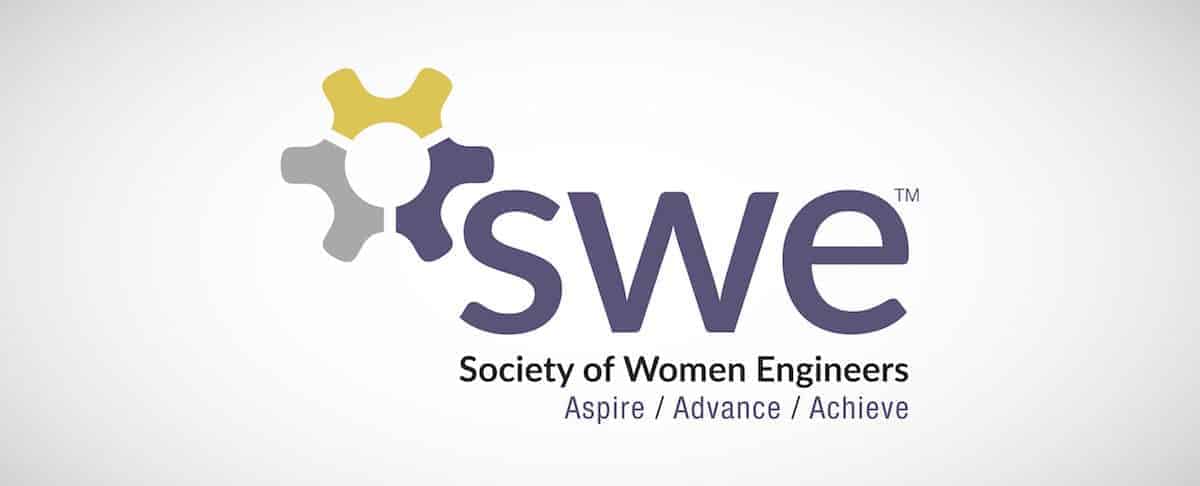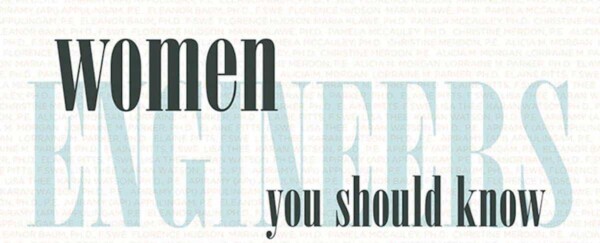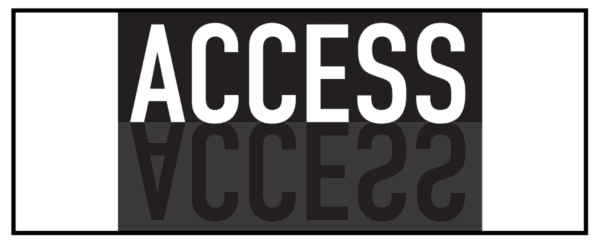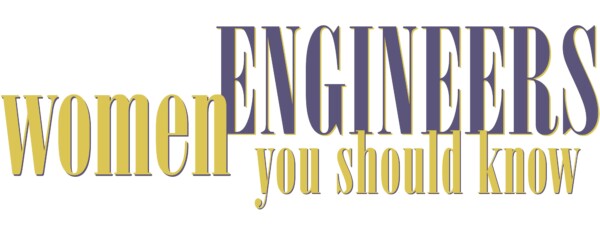If you want to understand history, you must read about it and you must “listen” to the people who lived it. These two pursuits are related, and the Society of Women Engineers has excellent resources for both if you want to know more about the history of the organization, about the battles women engineers waged for recognition and inclusion in their profession, and about the struggle for women’s rights in general. Among these resources are the SWE archives at the Walter P. Reuther Library at Wayne State University in Detroit. As valuable as the documents and artifacts themselves is the insight offered by archivist Troy Eller English, who has a thorough knowledge of SWE history and the SWE files.
The SWE oral histories (also available on the new Engineering and Technology History wiki, www.ethw.org) are another resource, a joint effort between several organizations, including SWE. These conversations with the women who founded SWE and pioneered advocacy for women engineers, beginning in the 1950s, contain information and firsthand accounts you won’t find anywhere else.
I have used both the archives and the oral histories for many of the stories I’ve written for SWE Magazine. However, it was not until I tackled a story about the history of the Equal Rights Amendment (ERA) late last summer that I understood the importance of really hearing the women who have gone before us. In this case, the woman was my mother-fittingly, a librarian with a strong interest in history.
I should mention here that my mother stood out in my hometown of Moorestown, New Jersey, because she worked outside the home and earned a graduate degree while I was in elementary school. She also was a feminist. I have two older brothers, and no distinctions were made as far as what our parents expected of us. Just like my brothers, I was supposed to get an education and figure out how to support myself. Marriage was an option, but not an avocation. I never heard either of my parents cite my gender as a barrier to my accomplishing anything.
However, the more I delved into the history of the ERA, the more I realized I didn’t know. I didn’t know about Women’s Equality Day, initiated by Bella Abzug in 1971 to commemorate the passage of the 19th Amendment, granting women the right to vote in 1920. That day is celebrated on Aug. 26. I also didn’t know that Alice Paul was such a driving force in the battle for women’s suffrage. I didn’t know that almost as soon as the amendment passed, Paul began to campaign for passage of the ERA.
The research triggered a memory of an incident I shared with my mother in my hometown, when we got a glimpse of the legendary Alice Paul. In 1973, when I was in my early 20s, I went home for a visit during the July 4th holiday. Moorestown, a picturesque Quaker town founded in 1682, had been celebrating Independence Day-as my mother still called it-for a long time.
My mother and I walked the three short blocks from our house to the center of town to watch the parade. We found a spot on the sidewalk and saw the high school marching band go by, then members of the local VFW, fire engines and the volunteer fire and emergency department, town officials, and a National Organization of Women (NOW) chapter with a huge banner that read “ERA, YES!” The campaign to ratify the ERA was in full swing; New Jersey had ratified in 1972. Then the parade stopped right in front of us.
“Do you know who Alice Paul is?” my mother asked.
“She was a suffragist, wasn’t she?”
“Your grandmother was a suffragist, too, by the way. But Alice Paul is still alive. She also drafted the ERA.”
I didn’t know any of these things. They were all astonishing to me.
“Did you know Alice Paul was born in Moorestown, and that she lives here now?” my mother asked.
“She lives in Moorestown! Where?”
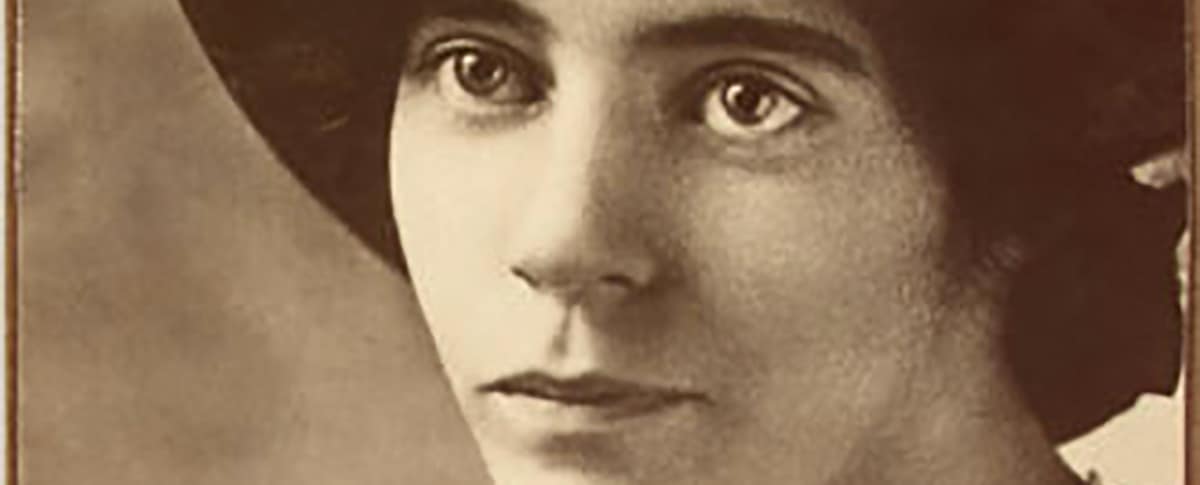
My mother gestured across the street. “Right there. In the Greenleaf.” The Greenleaf home was one of many historic buildings on Main Street. Founded by the Quakers as a boarding house for the elderly, the Greenleaf had recently added a modern nursing wing.
It turned out that Alice Paul had deep roots in Moorestown and its Quaker traditions, which included a strong belief in gender equality. Born into a prominent Quaker family in 1885, Paul grew up on a 170-acre farm, called Paulsdale, which is now a National Historic Landmark and home to the Alice Paul Institute. Alice Paul’s father, William, was president of the Burlington County Trust Company, which still stands on Main Street. Members of Alice Paul’s family had endowed the Greenleaf many years before she came to live there.
I understood why the parade had stopped. The NOW contingent wanted to salute Alice Paul-tireless suffragist and astute political strategist, founder of the National Woman’s Party and drafter of the ERA.
Just then, a white-haired woman appeared in the second-floor window of the Greenleaf. She waved, paused briefly, and disappeared. I was thrilled to have caught a glimpse of this woman to whom we all owe so much.
To learn more about Alice Paul and the National Woman’s Party, see the digital exclusive article in the Spring 2015 issue of SWE Magazine, “The National Woman’s Party and the Fight for Women’s Rights.”
Meredith Holmes is a freelance writer and frequent contributor to SWE Magazine. She specializes in workplace and environmental issues.
Author
-

SWE Blog provides up-to-date information and news about the Society and how our members are making a difference every day. You’ll find stories about SWE members, engineering, technology, and other STEM-related topics.


